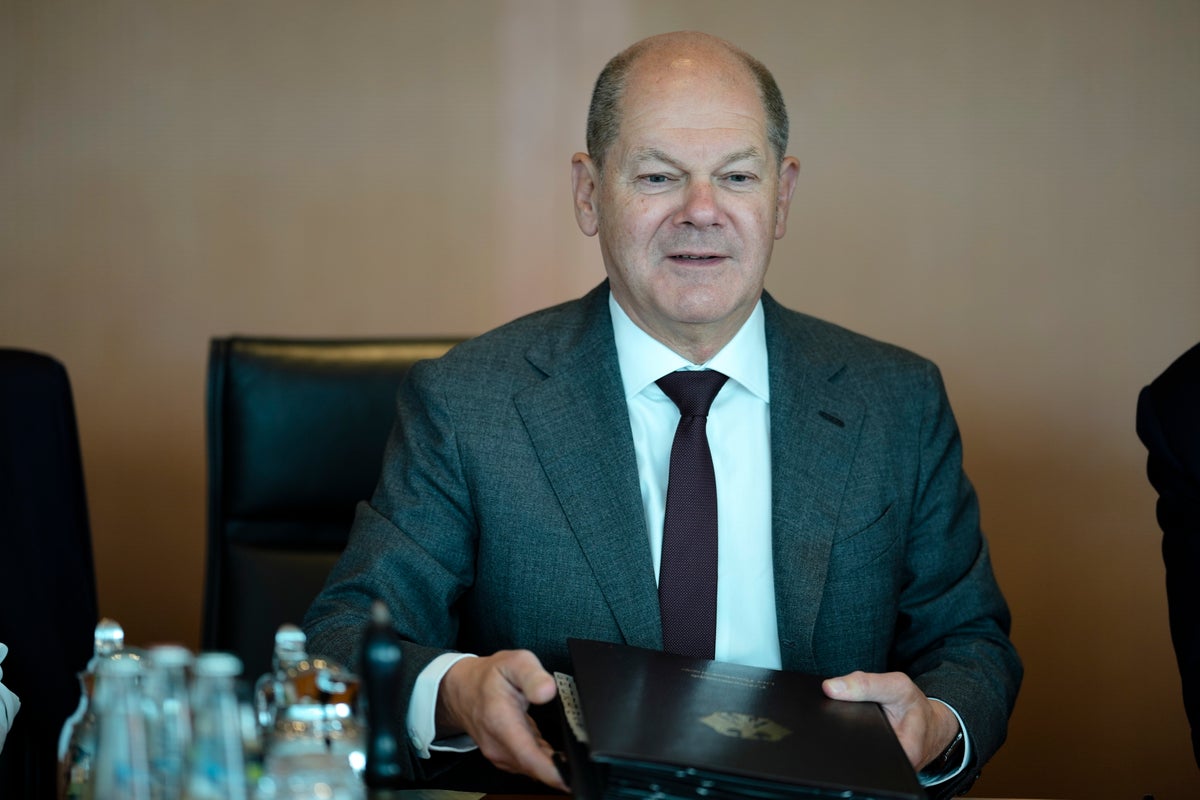
The German government on Thursday presented a long-awaited strategy for relations with China that points to a “systemic rivalry” with the Asian power and a need to reduce risks of economic dependency, but highlights Berlin's desire to work with Beijing on global challenges such as climate change.
The 64-page document approved by Chancellor OIaf Scholz's Cabinet builds on Germany's first national security strategy, issued a month ago, which didn't go into detail on foreign policy. Scholz's three-party coalition had pledged when it took office in late 2021 to draw up a “comprehensive China strategy.”
Germany has Europe's biggest economy and is the 27-nation European Union's most populous member. It is keen to maintain good ties with China, its biggest trading partner in recent years, despite wariness over Beijing’s growing assertiveness and refusal to criticize the Russian invasion of Ukraine.
In its strategy, the government said it is committed to ensuring that economic cooperation with China “becomes fairer, more sustainable and more reciprocal.” It noted that “whereas China’s dependencies on Europe are constantly declining, Germany’s dependencies on China have taken on greater significance in recent years.”
“It is not our intention to impede China’s economic progress and development," it said. "At the same time, de-risking is urgently needed. However, we are not pursuing a decoupling of our economies.” The message echoes that delivered in May by the Group of Seven leading industrial powers, including Germany.
The new strategy made clear that Germany won't be deterred from doing business with self-governed Taiwan, which Beijing considers a breakaway province. “Germany has close and good relations with Taiwan in many areas and wants to expand them,” it said.
“The status quo of the Taiwan Strait may only be changed by peaceful means and mutual consent,” it said. "Military escalation would also affect German and European interests."
The strategy was released a few weeks after Scholz and about half his Cabinet hosted a delegation led by new Chinese Premier Li Qiang, whose visit to Berlin was his first foreign trip since becoming China’s No. 2 official in March.
At that meeting, Scholz pressed China to lean harder on Russia over its war in Ukraine, while the two countries pledged to work together to combat climate change as two of the world’s biggest carbon dioxide emitters.







